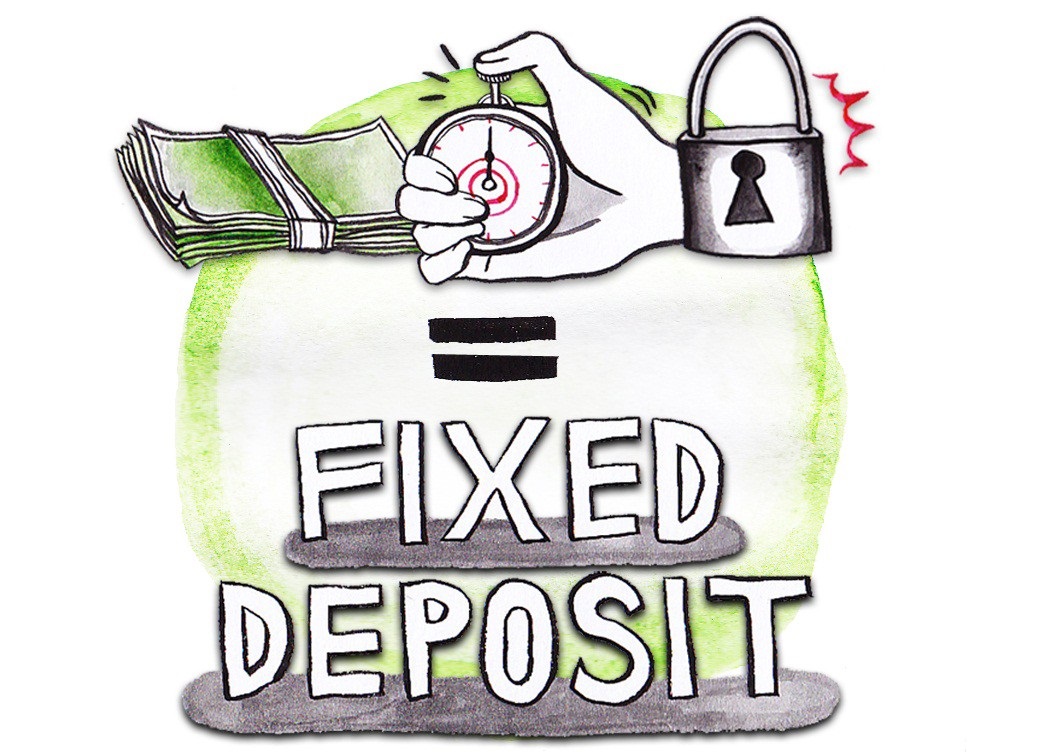Investments can be overwhelming, given the fact that there are so many options before the investor. No one would like to make wrong decisions that might impact their financial stability.
Both fixed deposits and recurring deposits are one of the traditional methods which are still relevant and accessible today because of the safety factor and high returns. However, a smart investor will always analyze the various aspects before investing in them.
If you are opening a fixed deposit account or a recurring deposit account anytime sooner, you may want to know the following facts:
Know about insurance:
Not many know that DICGC, a subsidiary of RBI, offers deposit insurance cover through which a depositor is eligible for coverage upto ₹1 lakh in case of bank failure. Note that RBI is doing everything to protect consumer rights, and investing in a reputable financial institution can avoid unfortunate circumstances in the event of the closure of the institution. One can also split their funds and put it in an FD or RD to be insured against such instances.
Premature withdrawals & penalty:
A substantial amount of people go for the best FD rates in India without learning about the impending penalties for early withdrawals. You need to be aware of such charges before opening a fixed deposit/recurring deposit account. For example, If you open an FD for a 5-year term, then the bank won’t allow for withdrawals before completion of 5 years. In case you need the money before maturity, the bank will impose a penalty which will lower the funds; you will receive upon breaking of a fixed deposit account. There are top-notch financial institutions that show some flexibility to the depositors in this case. Likewise, recurring deposits are easier to open with minimal investments, but they do come with some hidden charges. For example, if you were to withdraw the amount in the RD account before the tenure, you may need to pay specific fees. It is thus essential to know these rules before you start an RD account.
The Tax Factor:
It is worthy to note that the interest accrued through an FD/RD account is not tax-exempted, but tax-saving bank FDs of up to ₹1.5 lakh per financial year qualify for tax deductions under Section 80C. Hence one cannot save a lot of taxes through such investments, but an FD as a traditional method is still preferred. Interestingly, company fixed deposits are tempting owing to the high rate of interest they provide compared to the FDs offered by private and public sector banks. However, the post-tax returns from company FDs may not be attractive if you fall in the 30% tax bracket.
A higher interest rate for senior citizens:
A senior citizen can get a higher rate of return on his/her investment. Such actions make financing their post-retirement life hassle-free and comfortable. One can also further benefit by choosing a non-cumulative fixed deposit to get periodic returns that replace a salary.
Conclusion:
Opening a fixed or recurring deposit account can be real quick, thanks to digitization. The real challenge is opting for a reliable financial partner who does not hurt your long-term financial goals.
